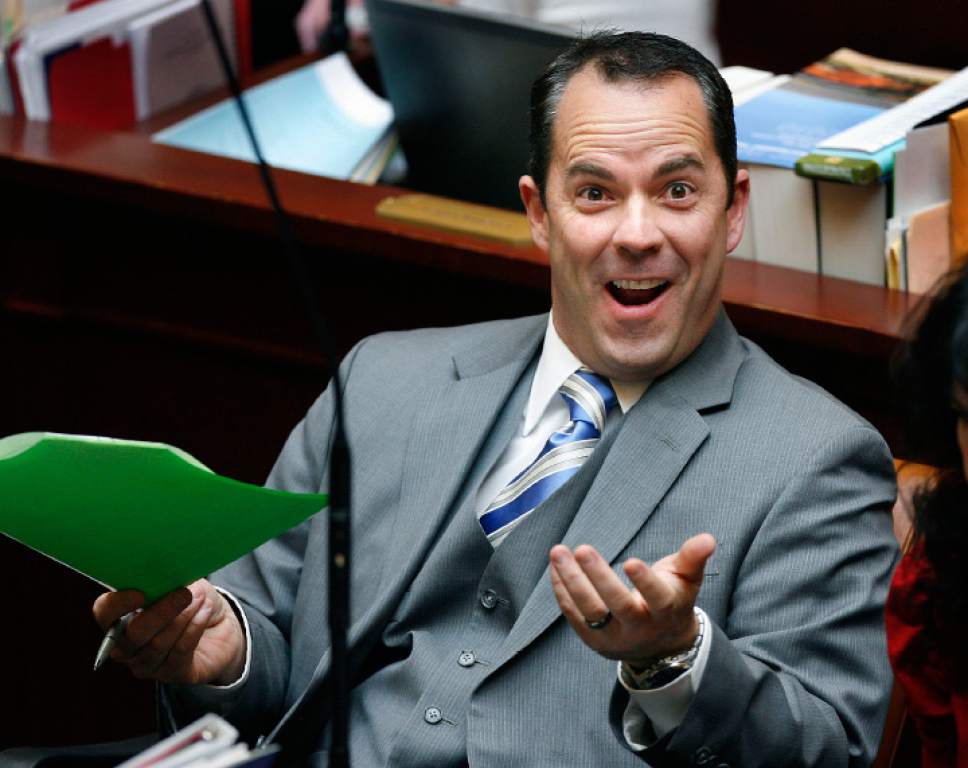This is an archived article that was published on sltrib.com in 2017, and information in the article may be outdated. It is provided only for personal research purposes and may not be reprinted.
Should we be concerned if developers don't pay their property taxes on time because it's cheaper to pay the penalties later than it is to come up with the money?
Salt Lake Tribune reporter Lee Davidson looked at property-tax delinquencies in Utah's four most populous counties. He found that, of the 100 entities with the biggest past-due amounts, 66 were property developers. Apparently, they view it as a relatively cheap way to bridge the gap between investment in the development and its eventual return when the developer sells.
On one level, this is not a problem. The counties don't really lose money on the debtors. The allowable interest and penalties are higher than what the counties would earn on the money if they paid on time. Given that the counties can foreclose if the taxes are never paid, the risk is low.
But that only works as long as everyone isn't trying it. If they did, the county would start to have cash-flow problems.
So this really goes to the question of government's purpose, and whether that purpose is to be a lender. If we really wanted to discourage this, we could raise the penalties and report the debtors to credit agencies.
Why do developers get to do this? Because the laws and rates are set by the Utah Legislature, including House Majority Leader Brad Wilson, who is one of the developers whose company didn't pay taxes on time. Wilson's Destination Homes is a relatively small debtor — less than $10,000 on nine homes — but apparently it is a common practice for the company.
How convenient.
Of course, this didn't start with Wilson. He is hardly the only part-time legislator, past or present, to have a hand in the real estate game. And even the University of Utah played the tax float last year while building a building in Research Park.
Nor are developers the only big businesses to pay late. In all, some $80 million went uncollected across the four counties last year. The No. 1 tax debtor on the list was Questar, which owed Utah County $2.47 million in back taxes on 96 parcels. (A Questar spokesman blamed it on a check getting lost in the mail — irony for anyone who has tried that excuse on the gas company.)
Government supports a number of carefully targeted incentives for business, but this isn't one of them. We should step up the penalties. When failing to pay taxes becomes a business decision, we all lose a little faith in the system.



